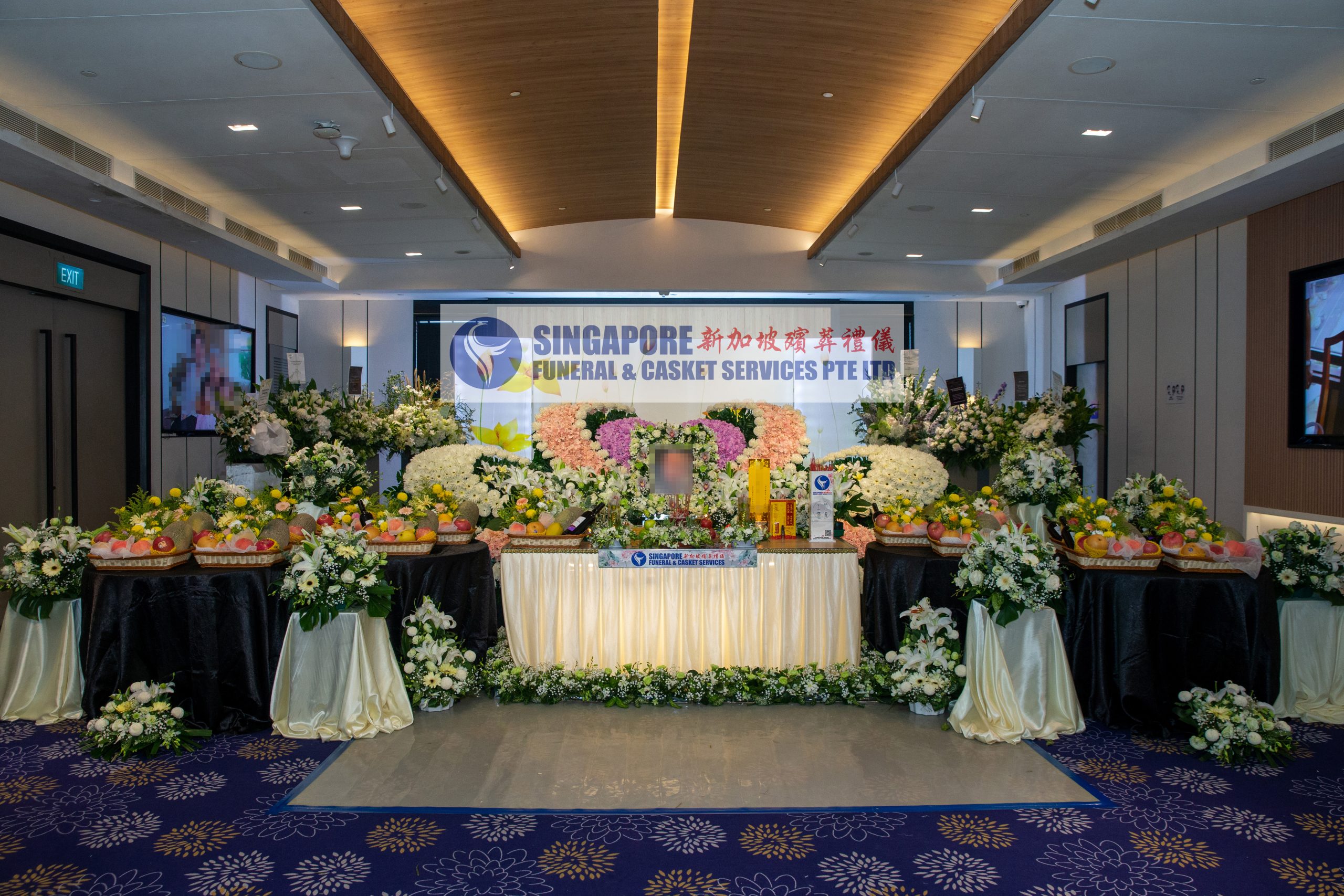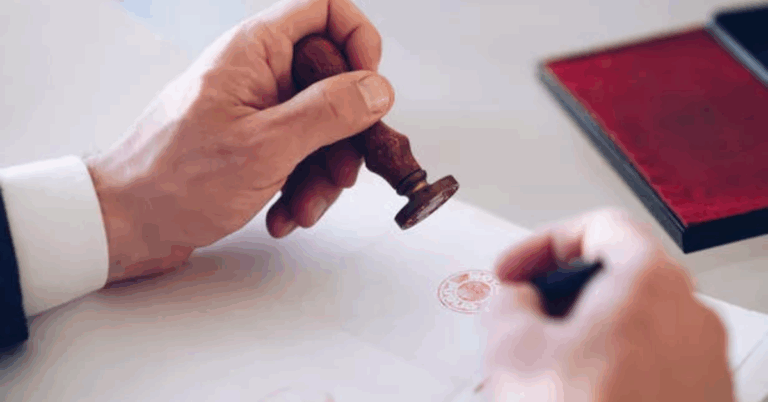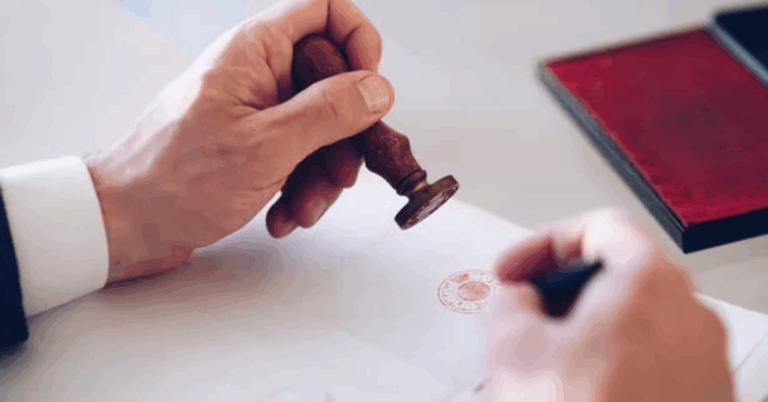Honouring the Departed: The Role and Practice of Buddhist Funeral Services Singapore
In a multicultural society like Singapore, when a Buddhist passing occurs, families often turn to Buddhist funeral services Singapore to guide them through a respectful, ritual-based farewell that aligns with Buddhist beliefs and local customs. These services combine spiritual rites, logistical planning, and compassionate care so that the deceased is honoured with dignity and the grieving are supported in their journey of loss.
The Significance of Buddhist Funerals
Buddhism frames death not as an end, but as a transitional moment in the cycle of life, death, and rebirth (samsara). The rituals surrounding a Buddhist funeral are intended to help the deceased’s consciousness move smoothly into its next existence, to purify negative karma, and to generate merit through prayers, offerings, and chants. The funeral also serves as an opportunity for the living to reflect on impermanence, express filial respect, and find solace in community support.
Singapore’s Buddhist funerals often blend Mahayana tradition with Chinese cultural practices, especially where family heritage or dialect-based customs are involved. The service is adapted to meet both religious expectations and the practicalities imposed by urban funeral logistics.
Typical Structure of a Buddhist Funeral in Singapore
While details may vary, most Buddhist funerals in Singapore follow several key stages:
1. Preparation & Encoffining
The body is respectfully received (from hospital or home), cleansed, dressed, and prepared. Often, cosmetic and paramedical care is done in a mortuary or embalming centre. Before or during encoffining, chanting by monks or recitation of sutras begins, to calm the spirit and set a sacred tone.
2. Setting Up the Wake & Altar
The wake may take place over three to five days (or more, depending on family wishes). An altar is erected featuring:
-
A framed photo of the deceased
-
Buddhist icons or scripture scrolls
-
Offerings: fruits, flowers, lights, incense
-
Sutra books and joss sticks
Decor and seating, lighting, curtains, and fans are set up to create a solemn and tranquil environment.
3. Chanting & Blessing Rituals
Monks or ordained practitioners lead chanting sessions (often of Amitabha, Heart, or other sutras) at designated times: at the encoffining, on each wake night, and on the final funeral day. These recitations are believed to transfer merit, calm spiritual turbulence, and help guide the deceased.
Other rites may accompany chanting such as the pouring of water (symbolic merit transfer) or offering of vegetarian food to monks and participants.
4. Funeral Day & Cremation
On the final day, a formal service takes place. Family, friends, and monks assemble for prayers, eulogies, and farewell gestures (such as placing flowers or bowing). The body is then conveyed to the crematorium (a common practice in Singapore). During transit, chanting may continue, blessings may be invoked, and respectful processions are observed.
After cremation, family members collect the ashes and decide on their placement often in a columbarium niche, which may be part of the original funeral service plan.
5. Post-Funeral & Memorial Services
Buddhist funerals do not always end on the day of cremation. Families often hold memorial rites on the 7th, 49th, 100th days, and on yearly anniversaries. These observances allow continued merit transfers, chanting, and offerings, helping sustain connection and spiritual welfare for the deceased and solace for the survivors.
What Funeral Packages Typically Include
To relieve families of the complexity during grief, many service providers in Singapore offer Buddhist funeral service packages bundling ritual, logistic, and care elements. Common inclusions are:
-
Transfer of the deceased, embalming, dressing, and makeup
-
Encoffining ceremonial rites
-
Casket (often half-glass cremation type)
-
Altar setup with Buddhist icons, floral décor, and ritual supplies
-
Chanting by monks or reciters over wake days and on funeral day
-
Tentage, seating, lighting, curtains, fans, and venue setup
-
PA systems, sound equipment, and staging
-
Hearse and transport, pallbearers
-
Booking and handling of cremation slots, ash collection
-
Condolence book, safe box, photos and frames
-
Vegetarian food offerings and refreshment arrangements
-
Coordination of post‐funeral memorial services
Packages are often tiered (e.g. 3-day, 5-day) and may allow optional add-ons such as extended chanting, premium décor, obituary services, or niche placement in a columbarium.
Costs & Typical Price Range
In Singapore, Buddhist funeral packages commonly begin in the range of several thousand Singapore dollars. For example:
-
Some providers list 3-day Buddhist funeral packages starting around S$5,888.
-
More elaborate or extended packages (e.g. 5 days) command higher fees.
-
Parlour rental, venue, or upgrades may incur additional costs.
-
Transparent, itemised pricing is critical to avoid hidden fees.
Because fees vary widely based on service level, venue, duration, and special requests, families are advised to request a detailed breakdown and compare offerings.
Choosing a Reliable Buddhist Funeral Service Provider
Given the spiritual and emotional weight of a funeral, selecting the right provider is vital. Here are guiding criteria:
-
Ritual Knowledge & Experience
The provider should be well-versed in Buddhist rites, including sutra chanting schedules, merit transfer rituals, and integration of cultural customs. -
Transparent & Flexible Packages
Services should be clearly itemised, with optional add-ons and no hidden fees. Flexibility ensures families can tailor the ceremony to their beliefs and budgets. -
Monk & Temple Networks
Established relationships with temples and monks ensure timely coordination for chanting and sacred rites. -
Logistical Competence
Handling transports, cremation bookings, permits, and operational coordination is essential to reduce stress on the family. -
Empathetic Staff
Funeral directors and coordinators should be compassionate, patient, and able to guide grieving families through decisions sensitively. -
Good Reputation & Reviews
Feedback from past clients, testimonials, or community recognition reflect reliability, trustworthiness, and quality of service.
Families are advised to meet with potential providers, view sample packages, ask scenario based questions (e.g. “What if we want extra chanting?”), and assess how they respond under pressure.
Funeral Etiquette & Participation
Attendees at a Buddhist funeral can show respect by following certain etiquette:
-
Dress modestly in black, white, or muted tones (avoid bright colors).
-
Keep silence or speak softly during chanting or rituals.
-
Turn off mobile phones; avoid interruptions.
-
Bow gently or offer incense when approaching the altar if asked.
-
Sit or stand in respectful posture; avoid abrupt movements.
-
Follow cues from monks or the host family during processions or ritual acts.
-
Photographs or recordings should generally be avoided during solemn moments.
By observing decorum, guests help maintain the atmosphere of reverence and dignity expected in Buddhist ceremonies.
Pre-Planning a Buddhist Funeral
Prearranging one’s own funeral is becoming more common in Singapore. Benefits include:
-
Ensuring one’s wishes and beliefs are respected
-
Easing the burden on family members during emotional times
-
Fixing many decisions (ritual scope, duration, cost) in advance
-
Allowing thoughtful customization, e.g. selecting which chants, memorial schedule, or columbarium niche
Pre-planning aligns with Buddhist values of mindfulness and foresight, turning what is often a stress-filled period into a more serene transition.
Why Buddhist Funeral Services Matter
A Buddhist funeral is more than logistics it is a deeply meaningful act imbued with spiritual intention and relational closure. Some of its core purposes include:
-
Spiritual Transition: Through chants, offerings, and merit transfer, the rites support the soul’s journey toward a favorable rebirth.
-
Merit Generation & Dedication: The living perform acts of merit (good deeds, donations, prayers) and dedicate them to the deceased, strengthening spiritual bonds.
-
Reflection & Healing: The rituals remind mourners of impermanence, encouraging acceptance, introspection, and compassion.
-
Community & Support: Gathering friends, relatives, and monks fosters shared grief, mutual comfort, and emotional solidarity.
-
Cultural Continuity: For many families, Buddhist funerals reaffirm ancestral connections, cultural heritage, and moral example across generations.
In these ways, the funeral becomes both a farewell and a spiritual practice honouring life, guiding the departed, and comforting the living.
Conclusion
Buddhist funeral services in Singapore offer a dignified, spiritually grounded, and culturally sensitive pathway for saying goodbye. By combining ritual, merit-making, and compassionate coordination, such services help ensure the departed are sent off with reverence and that their loved ones find solace in structure during grief.
When seeking Buddhist funeral services, it is wise to choose a provider who balances ritual integrity, clear pricing, flexibility, and empathy. Pre planning can further ease future burden and secure that one’s final wishes are honoured.
Through thoughtful rites, quiet reflection, and communal support, a Buddhist funeral is not just an end but a bridge toward renewal and remembrance.







